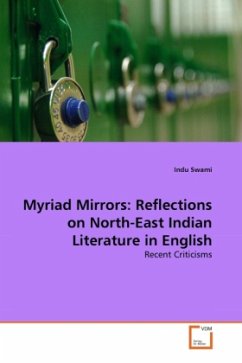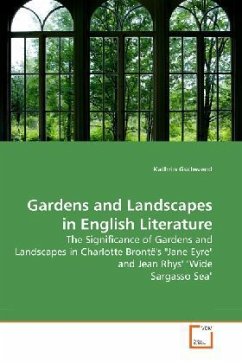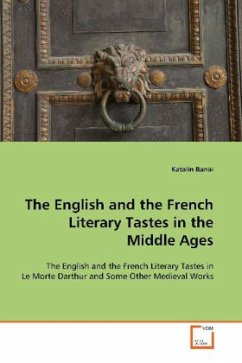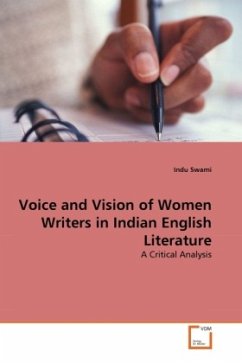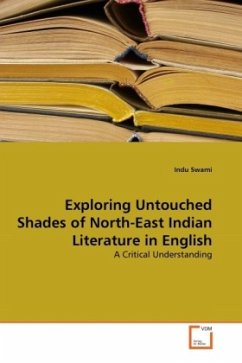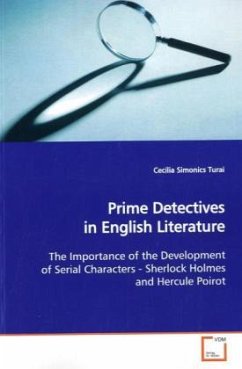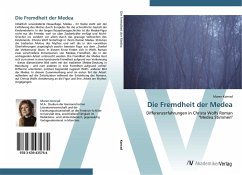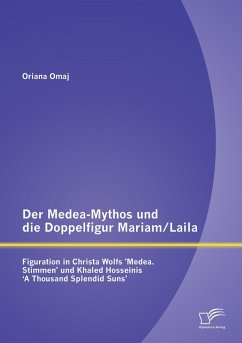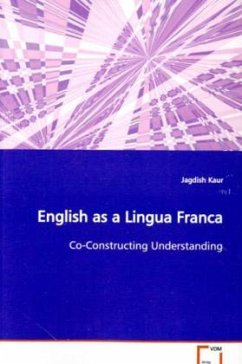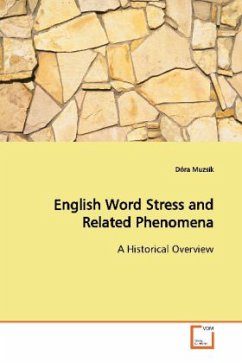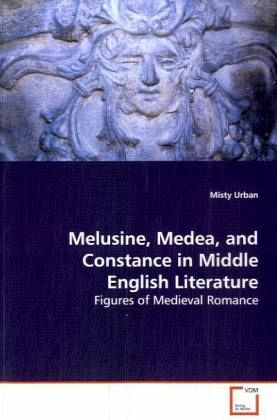
Melusine, Medea, and Constance in Middle English Literature
Figures of Medieval Romance
Versandkostenfrei!
Versandfertig in 6-10 Tagen
45,99 €
inkl. MwSt.

PAYBACK Punkte
23 °P sammeln!
If woman was already considered a baser being inmedieval English literary culture, then what explainsthe monstrous women--part-animal, ormagically-empowered--who function as typical romanceheroines? If the monstrous women simply dramatize theconventions of medieval misogyny, then why do so manyof them found dynasties, establish empires, and fillthe royal seats across Europe with their offspring? A closer look at the figures of Constance, Medea, andMelusine in 14th, 15th, and early 16th-centuryEnglish narratives reveals how metaphorical femalemonstrosity functions as a critical lens that allows...
If woman was already considered a baser being in
medieval English literary culture, then what explains
the monstrous women--part-animal, or
magically-empowered--who function as typical romance
heroines? If the monstrous women simply dramatize the
conventions of medieval misogyny, then why do so many
of them found dynasties, establish empires, and fill
the royal seats across Europe with their offspring?
A closer look at the figures of Constance, Medea, and
Melusine in 14th, 15th, and early 16th-century
English narratives reveals how metaphorical female
monstrosity functions as a critical lens that allows
authors, and audiences, to reflect on and re-examine
misogynistic conventions, patriarchal authority, and
the romance formula itself. Arguing that the Middle
English romance constructs new possibilities for
fiction, this study uses recent scholarship on
monster theory and medieval women to theorize the
presence of these monstrous women in medieval
romance, discovering how they trace the formulation
of a distinct gender ideology and expose the flaws of
a literary rhetoric that, in defining the female as
Other to the normative male, makes women into monsters.
medieval English literary culture, then what explains
the monstrous women--part-animal, or
magically-empowered--who function as typical romance
heroines? If the monstrous women simply dramatize the
conventions of medieval misogyny, then why do so many
of them found dynasties, establish empires, and fill
the royal seats across Europe with their offspring?
A closer look at the figures of Constance, Medea, and
Melusine in 14th, 15th, and early 16th-century
English narratives reveals how metaphorical female
monstrosity functions as a critical lens that allows
authors, and audiences, to reflect on and re-examine
misogynistic conventions, patriarchal authority, and
the romance formula itself. Arguing that the Middle
English romance constructs new possibilities for
fiction, this study uses recent scholarship on
monster theory and medieval women to theorize the
presence of these monstrous women in medieval
romance, discovering how they trace the formulation
of a distinct gender ideology and expose the flaws of
a literary rhetoric that, in defining the female as
Other to the normative male, makes women into monsters.



